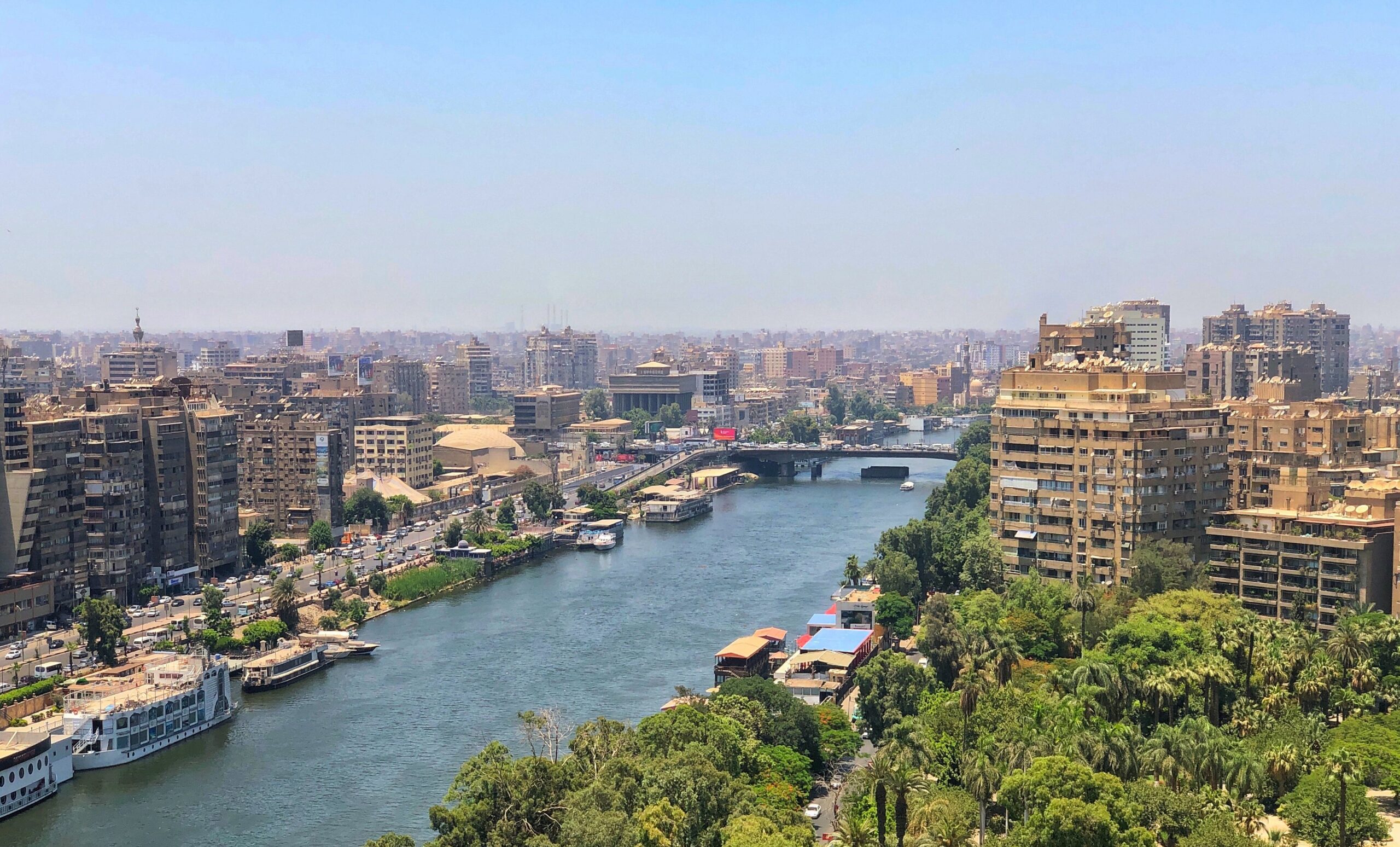The GSMA has published an analysis showing how robust 5G growth in the Middle East and North Africa has followed ambitious 5G spectrum assignments. As governments worldwide strive towards realising industry targets of 2GHz of mid-band spectrum for 5G, the GSMA report details how the strong development of 5G in the Gulf has delivered some of the fastest 5G services in the world.
The GSMA’s ‘Roadmaps for awarding 5G spectrum in the MENA region’ provides a guide for 5G development in other countries in the Middle East and North Africa. It outlines the steps their governments and regulators should take to enable the most efficient and effective availability of spectrum.
The Gulf region was one of the first to assign key mid-band spectrum for 5G, and three regional giants – Etisalat, STC, and Ooredoo – competed to be the world’s first 5G operator in 2018. Since then, spectrum assignment has supported growth opportunities in the Gulf region. Today, mobile operators in the Kingdom of Saudi Arabia (KSA) and UAE have access to more than 1 GHz of licensed spectrum to provide mobile broadband services in the low- and mid-bands. Alongside other Gulf markets, this places them among the leading 5G countries in Europe, the Americas, and Asia Pacific.
“GCC countries such as Bahrain, Kuwait, Oman, Qatar, Saudi Arabia, and the UAE have become 5G pioneers, deploying some of the world’s first 5G networks. And countries such as Algeria, Egypt, Jordan, Lebanon, Morocco, Tunisia, and Turkey have started to identify suitable 5G spectrum to launch services during 2023. This report will help governments and regulators in these, and other countries across the Middle East and North Africa enable 5G in the most efficient way possible.”
Jawad Jalal Abbassi, Head of MENA, GSMA
5G roadmap recommendations
The 5G roadmaps outline the necessary steps, including identification and clearance of spectrum; technology definitions and restrictions; spectrum valuation (an important roadmap element), and award design.
In a roadmap focused on Tunisia, the report shares a forecast of a significant increase in 4G connections to 2025 with the expectation that 5G will be deployed in 2023. However, to meet that target, it will be essential to award the spectrum in the first half of 2022.
Roadmaps for Algeria, Egypt, Jordan, Lebanon, Morocco, and Turkey
As the report notes, the operators in Algeria, Egypt, Morocco, and Turkey have been undertaking testing and trials of 5G. In Lebanon, at least one operator has been planning their 5G network. In Egypt, the authorities are developing the legal framework for awarding 5G spectrum. Jordan’s authorities are developing plans for 5G as well as identifying frequency bands.
While the COVID-19 pandemic has caused delays in some of these countries for introducing 5G, the GSMA forecasts that all these countries will have commercial 5G services between 2022 and 2024.
4G’s key role in Iraq and Palestine
However, the report explains that widespread 5G adoption will take time. 4G will have a crucial role coexisting alongside 5G well into the 2030s. In some countries such as Palestine and Iraq, the report recommends that the focus should be on identifying and awarding 4G spectrum. 4G services were only launched in Iraq in 2020, while in Palestine there have been no awards for 4G spectrum. Therefore, it is premature to consider the requirements for 5G in these countries and more appropriate to roll out 4G and potentially stimulate the market for new services not supported by 2G and 3G technologies.











